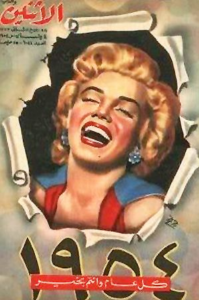The invisible sense of reality in Sonallah Ibrahim's "The Commission"
Abstract
By writing The Committee (1981) Sonallah Ibrahim constructs a short novel in which the theme of “secret” is crucial. Step by step he portrays the protagonist’s society adding elements to a story that appears out of the ordinary and ends in the absurd. The relationship between writer and reader is in fact based on a gradual and incomplete disclosure of the knowledge that the former seems to want to reveal to the latter. The fundamental mechanism in the texture of the story is keeping identities and purposes secret, concealing possible truths but at the same time launching the protagonist in an exhausting search of clues and traces which are key issues in the modern Middle East history. The effects that certain events and situations have had and continue to have on the lives of Egyptians are associated with the enigmatic trials that a mysterious committee prescribes for an ordinary citizen. While the protagonist performs these tasks, images of a convulsive urban reality, marked by the policies undertaken in the Egypt of the seventies, run through the eyes of the reader, and an oppressive space takes shape. My contribution offers an interpretation of the novel which highlights the concept of secrecy in relation to the possible existence of a second reality, alongside the more obvious one (Simmel 1906), the maieutic strategy employed to arrive at the unveiling of the meaning, and the narrative structure regulated by a double direction process, on one hand the concealment and on the other the fragmentary revelation of information that apparently leads to the mystery’s solution, advancing and retreating with respect to the “essential secret” (Todorov 1971).

Downloads
Published
How to Cite
Issue
Section
License
Copyright (c) 2023 Elephant & Castle

This work is licensed under a Creative Commons Attribution 4.0 International License.





